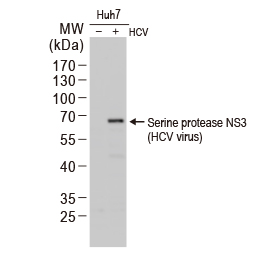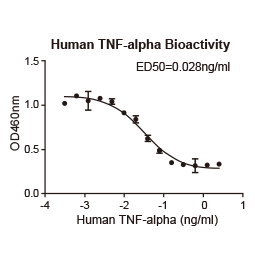Country / Location Selection
 |
Reestablishing a potent T cell response has become a viable strategy for treating chronic hepatitis B (CHB) and HBV-associated hepatocellular carcinoma. As described by Wisskirchen et al., T cells stably engrafted with HBV-specific T cell receptors (TCR) killed HBV-infected cells both in vitro and in vivo, thereby significantly diminishing the HBV covalently closed circular DNA (cccDNA) that is the foundation of chronic infection (1). Using human liver chimeric mice bearing HBV-infected human hepatocytes, the authors observed a strong reduction of HBV markers after mice received a single injection of HBV-specific T cells. Importantly, damage of non-infected neighboring hepatocytes was largely avoided, underscoring the high specificity of the adoptive T cells’ antiviral activity. HBV infection was fully controlled when adoptive transfer of HBV-specific T cells was combined with administration of myrcludex B, an HBV entry inhibitor. These results provide a promising framework for using adoptive T cell therapy clinically to achieve a functional cure for patients suffering with CHB.
GeneTex provides a comprehensive product catalog for viral infectious disease research, including antibodies to detect various hepatitis B virus, hepatitis C virus, dengue virus, Zika virus, and influenza virus proteins, among many others. Please see the featured antibodies below.
![]()
|
|
|
|
![HBV Surface Antigen antibody [S26] (GTX41800)](/upload/media/MarketingMaterial/Newsletter/HBV/img_GTX41800.jpg)


